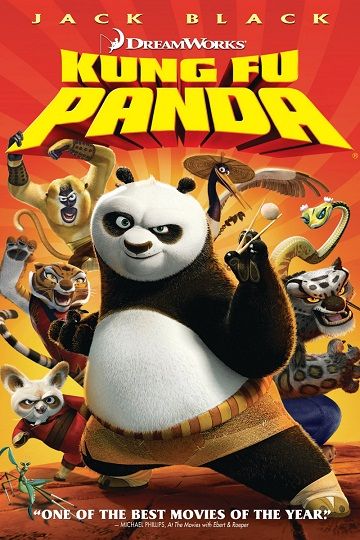Kung Fu Panda’s legal trial goes in favour of DreamWorks Animation

Finally the world-famous studio DreamWorks Animation can breathe with relief. The studio was supposed to move court later this year against artist Jayme Gordon's claims that their creation Kung Fu Panda has been a stolen piece of work. But recently Gordon backed off all of a sudden to much pleasure of the studio.
Unlike other copyright claimants, Gordon was going well in the court with his claims after a summary judgment motion in April which would pose a massive threat to DA in the federal court. But after his decision to pull off from the trial it has been confirmed that the similar claims cannot be brought up once again and he will also get no settlement money. His dismissal papers also made it sure that no compensation money will be paid to him either. To recall the past Gordon claimed in his lawsuit that the "Kung Fu Panda property" was developed by him in the 90s.
His creation featured "a Kung Fu fighting giant panda who likes to eat; his companion, a rare small red panda who also is a Kung Fu fighter; and a Kung Fu fighting super group known as the 'Five Fists of Fury' that consists of a tiger, crane, mantis, monkey and a venomless snake." He also submitted his 2000 copyright registration as his evidence and also the comparison which featured in his complaint. Gordon always upheld his claims that Kung Fu Panda was originally made by him and when asked if he had ever borrowed elements from other creators’ cartoons he answered, "No, I wouldn't say I took elements, no.” But DreamWorks’ lawyers believed the case to be something else. They also had their evidence ready to prove Gordon wrong and hence were getting ready with a 1996 Disney colouring book which would prove similarity to the work on Gordon’s 2000 registration. But before the company could come up with their presentation to dismiss Gordon’s appeal, the plaintiff himself decided to drop the matter.






